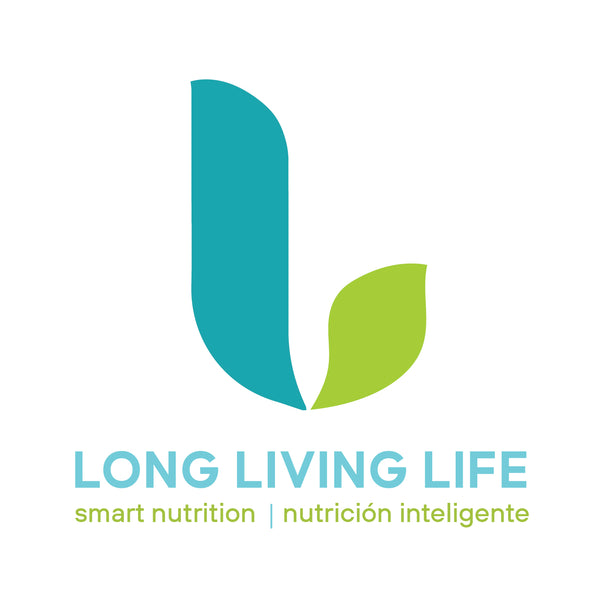
What Is Vitamin B17? Discover the Top Health Benefits
Share
What Is B17 Vitamin?
Vitamin B17, also known as amygdalin, is a naturally occurring compound found in certain foods such as apricot kernels, bitter almonds, and various fruits. It is a member of the B-complex family of vitamins and has been the focus of research for its potential health benefits.
The chemical structure of Vitamin B17 consists of two molecules of glucose, one molecule of benzaldehyde, and one molecule of hydrocyanic acid. It is important to note that the use of Vitamin B17 as a treatment for cancer is controversial and not widely accepted by the medical community.
1. Potential Anti-Cancer
The most commonly asserted advantage of vitamin B17 is its purported anti-cancer capabilities. Laetrile's proponents contend that it kills cancer cells while sparing healthy ones by generating cyanide, a deadly substance, only in cancerous cells.
Another possible benefit of Vitamin B17 is its potential to inhibit tumor growth. Some research has suggested that Vitamin B17 may work to slow the growth and spread of cancer cells, potentially improving the effectiveness of other cancer treatments.
It is important to note that the use of Vitamin B17 in cancer treatment is not widely accepted in the medical community. Further research is needed to fully understand the potential benefits and risks associated with this treatment modality. Patients should always consult with a qualified healthcare provider before incorporating Vitamin B17 into their cancer treatment plan.
2. Support for the Immune System
Apricot seeds contain special properties that slow down the spread of illness throughout the body by killing harmful cells, but the exact way that this occurs does this isn’t well understood.
A study published in the International Journal of Radiation and Biology found that the amygdalin compound stimulated the immune system by causing a statistically significant increase in the ability of a patient’s white blood cells to attack harmful cells. One theory of amygdalin’s effects suggests that transformation of normal cells into dangerous cells that can cause disease is normally prevented by beneficial enzymes produced within the pancreas. So “vitamin B17” may help increase the production of pancreatic enzymes that destroy harmful properties within the body.
3. Pain Management
Although some research that tested the components of apricot seeds as anticancer compounds showed no change in cancer cells, some of them reported that patients declared a decrease in pain. In a series of case reports published in 1962, 10 patients with metastatic cancer were treated with a wide range of doses of intravenous Laetrile. Pain relief was the main reported benefit; plus reduced swelling of lymph nodes and decreased tumor size were also reported.
4. Lowers High Blood Pressure
Apricot seeds may cause a low blood pressure reaction due to the formation of thiocyanate, a powerful blood pressure-lowering agent. In the early 20th century, thiocyanate was used in the treatment of hypertension, but it’s no longer used because of reports of toxicity; however, sodium nitroprusside, a metabolite of thiocyanate, is still used for the treatment of a hypertensive emergency. An emergency occurs when blood pressure in the arteries is elevated for an extended period of time, which can lead to health conditions including heart disease, coronary heart disease , stroke, aortic aneurysm, peripheral artery disease and chronic kidney disease.
It’s unknown if this is an effective treatment long-term or if the effects are only temporary; research suggests that once amygdalin is metabolized, it causes enzyme beta-glucosidase production that interacts with intestinal bacteria to detox the body and lower blood pressure naturally.
Causes of high blood pressure include a high-salt diet, emotional stress, excess alcohol, caffeine overdose, smoking, obesity, inactivity, birth control pills and heavy-metal poisoning. Although the chemical components present in apricot seeds may help to lower blood pressure levels, research suggests that it is not entirely safe.
How does it work?
In cancer cells, the enzyme beta-glucosidase acts on B-17 and converts it into a toxic molecule that kills cancer cells. Because of the enzymatic differences between cancerous and healthy cells, B-17 can selectively target and destroy cancer cells, making it an effective non-toxic anticancer agent. Found naturally in the kernels of apricot, peaches and almonds, B-17 has been considered responsible for many cancer-free tribes including the Hunza and Karakorum.
Side Effects and Interactions
Taken in excess, apricot seeds may produce symptoms of cyanide poisoning, including nausea, fever, rash, headaches, insomnia, increased thirst, weakness, lethargy, mental confusion, nervousness, various aches and pains in joints and muscles, and a drop in blood pressure.
These side effects can be increased by frequent consumption of apricot seeds and other crushed fruit pits, raw almonds, and fruits or vegetables that contain beta-glucosidase (such as celery, peaches, bean sprouts and carrots). Taking high doses of vitamin C orally, along with Laetrile consumption, can also increase your chances of getting cyanide poisoning.



